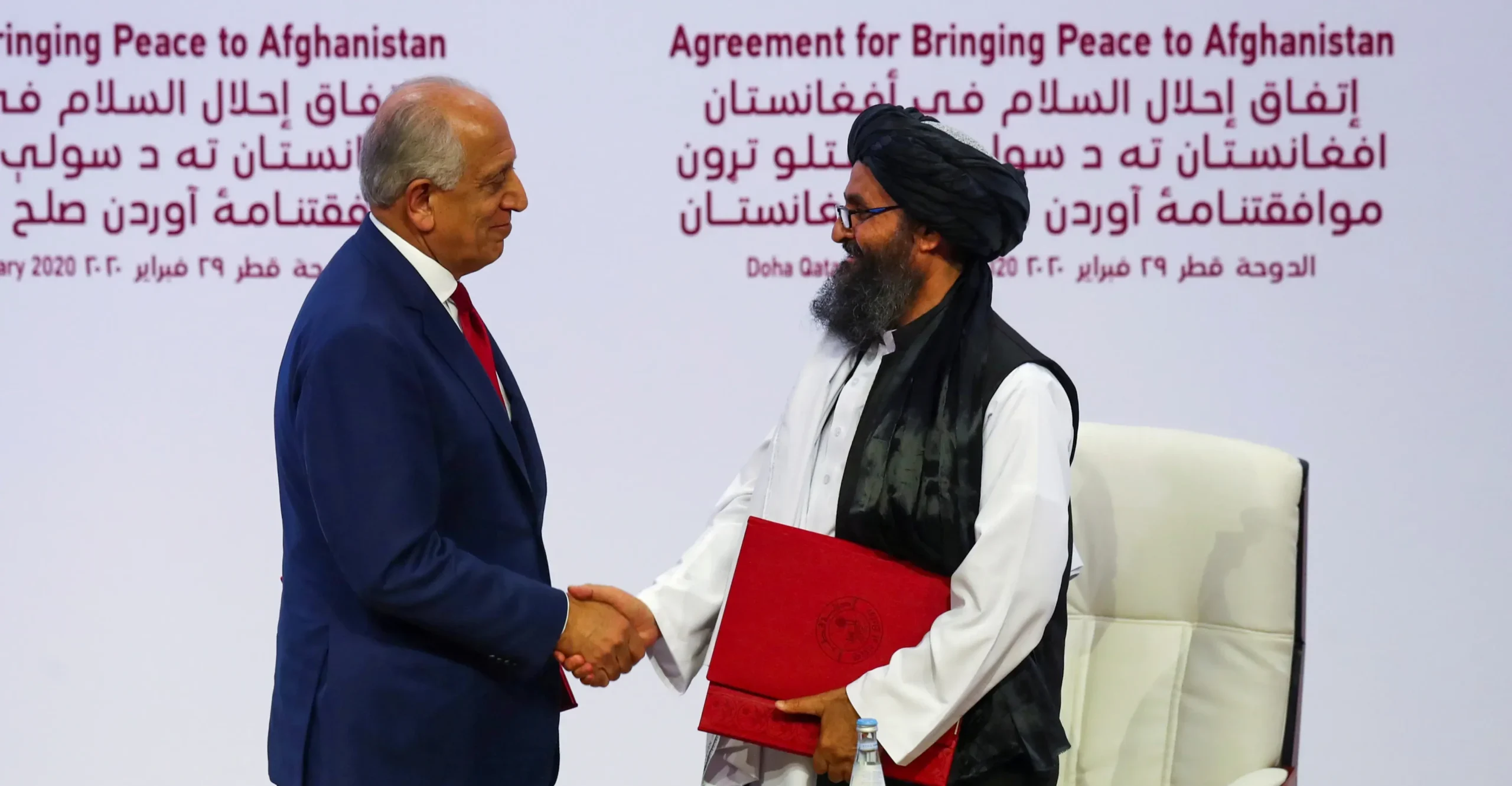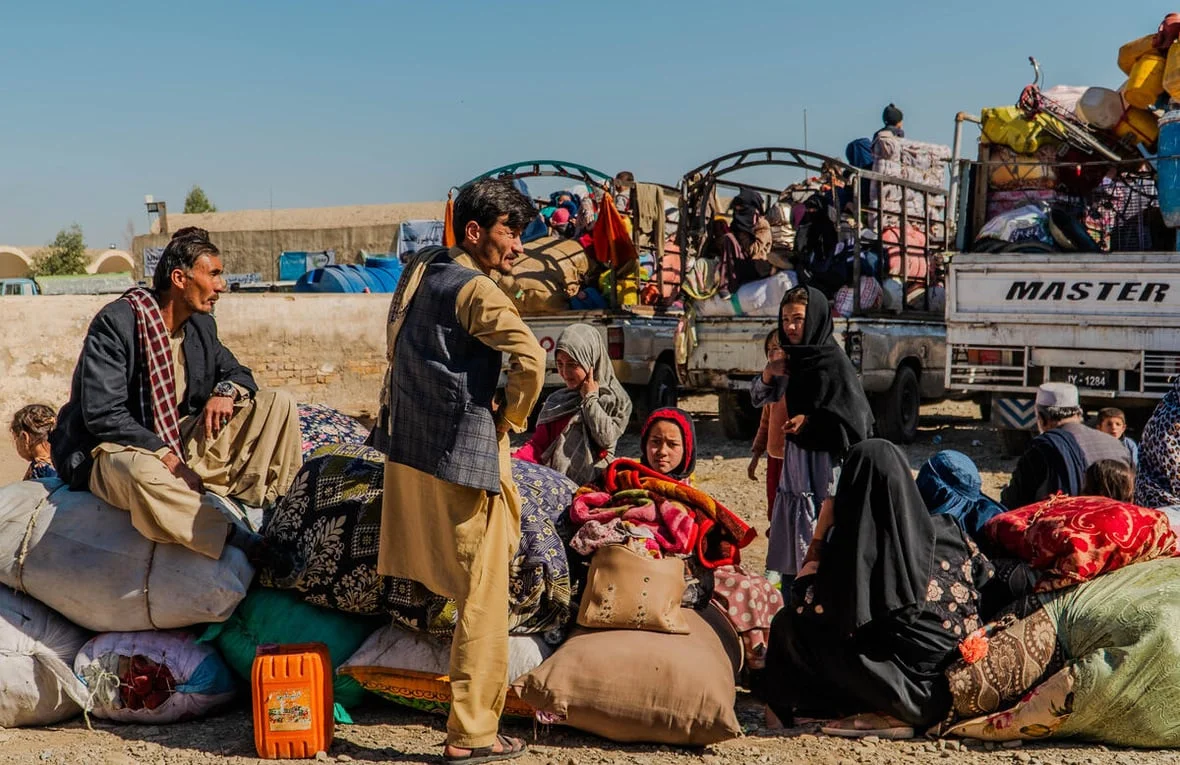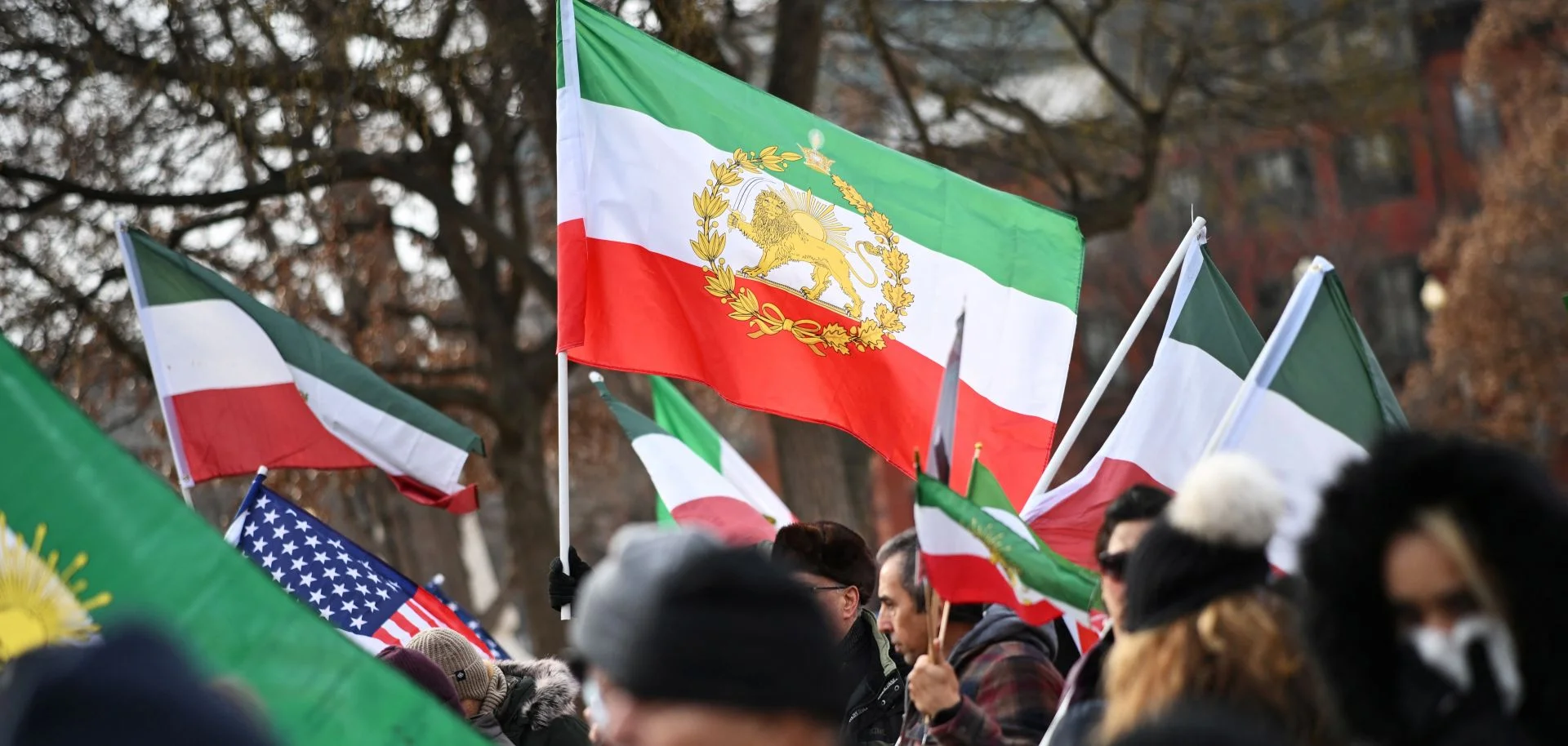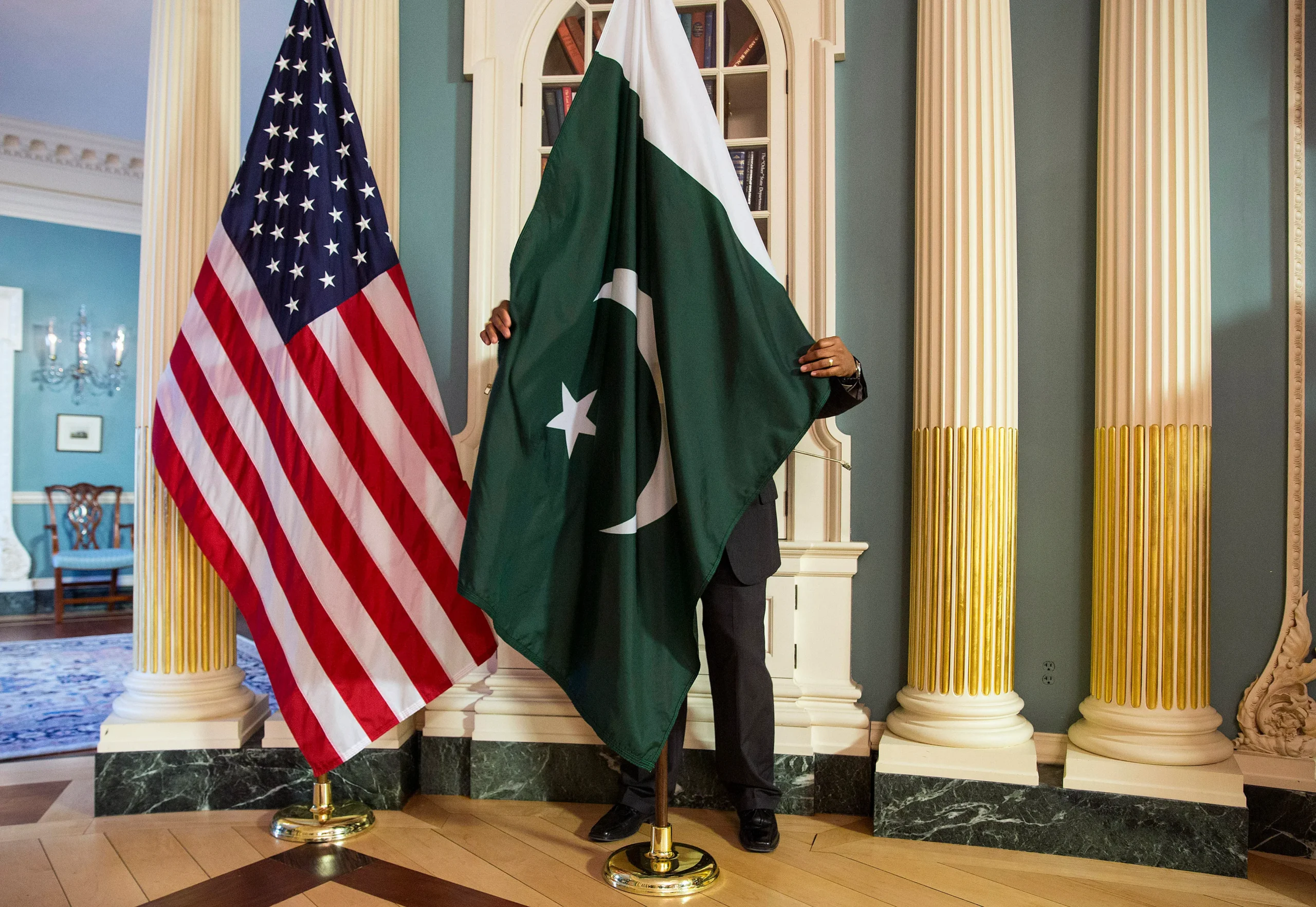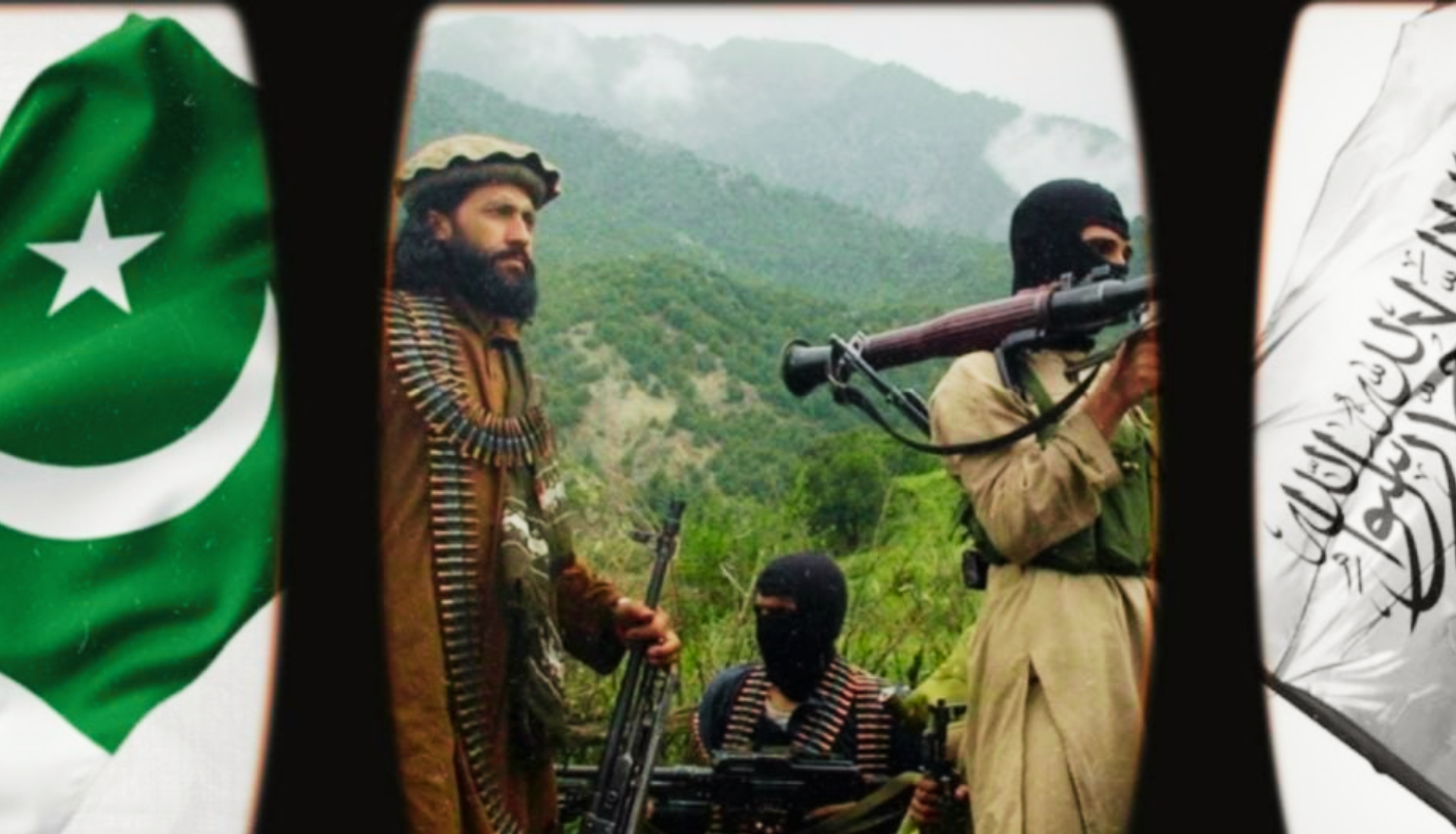The Taliban’s assumption of power in August 2021 was met with a fragile, conditional hope from the international community. Global powers sought to manage this new reality through engagement, predicated on the Taliban honoring key commitments, primarily enshrined in the 2020 Doha Accord and subsequent diplomatic agreements. These pledges centered on three non-negotiable pillars: political inclusivity, respect for human rights, and, crucially, preventing Afghanistan from once again becoming a sanctuary for transnational terrorism.
Yet, nearly three years on, the consensus among observers and neighboring states is that the de facto authorities in Kabul have systematically and deceitfully violated the letter and spirit of every major international obligation. This betrayal extends far beyond a broken promise. It represents a fundamental challenge to regional stability, the integrity of international diplomacy, and the global counter-terrorism architecture built over two decades.
Autocracy and Gender Apartheid
The first casualty of the Taliban’s power consolidation was the promise of a negotiated political settlement, enshrined in the first part of the Doha Agreement which obliged the Taliban to engage in intra-Afghan negotiations. Instead of dialogue, the Taliban intensified their insurgency, transforming a supposed political transition into a military conquest.
The subsequent formation of the interim government cemented the regime’s autocratic and fundamentalist intent. The governance structure is entirely non-democratic, established by decree and composed overwhelmingly of ex-militant commanders. The core ideological and political direction is managed by the Kandhar Shura, ensuring that power is highly centralized and resistant to external or internal accountability. This regime’s foundation is one of absolute autocracy, fundamentally rejecting the modern concept of inclusive governance demanded by the international community.
Simultaneously, the regime has institutionalized human rights violations, establishing a system of gender apartheid that is globally recognized as a catastrophic regression. The imposition of obscurantist policies, banning female education beyond a certain grade and prohibiting women from almost all employment, is a deliberate and systemic exclusion from public life. This refusal to adhere to basic universal human rights norms makes diplomatic recognition morally and politically impossible for democratic nations. Furthermore, the regime has aggressively silenced dissent and dismantled press freedom, as evidenced by a UN report noting 256 instances of arbitrary arrests of journalists and media workers, 130 instances of torture, and 75 instances of threats and intimidation. The summary exclusion of major ethnic populations (Tajiks at 27%, Uzbeks at 9%, Hazaras at 8%, and the Shia minority at 11%) from the cabinet, which is dominated by one ethnic group, serves as further confirmation of the regime’s anti-inclusive, dictatorial stance.
The Terror Sanctuary
The most dangerous breach of commitment is the Taliban’s failure to prevent the use of Afghan soil by terrorist groups threatening other countries’ security, the central tenet of the second part of the Doha Accord. The evidence suggesting Kabul has reverted to a terror sanctuary is now overwhelming, drawing a direct line between the current regime and the threats that originally triggered the 2001 intervention.
The killing of Ayman al-Zawahiri, Al-Qaeda’s former leader, by a US drone strike in Kabul in August 2022, a full year after the Taliban takeover, shattered any illusion that the regime would sever ties with its ideological allies. His presence in a residential area of Kabul underscored the direct and high-level protection the Taliban was affording Al-Qaeda’s core leadership. Subsequent UN monitoring reports have reinforced this grim picture. For instance, the 35th UN Monitoring Team Report in February 2025 highlighted the strategy of Saif al Adl to reorganize Al Qaeda within Afghanistan, aiming to reactivate sleeper cells across Iraq, Libya, and Europe. Other reports confirm that Saif al Adl and Hamza Bin Laden are reportedly protected in Kabul, demonstrating that the Haqqani network and the broader regime continue to harbor Al-Qaeda leadership, defying their core promise to the international community.
More immediately, the Taliban’s actions have directly fueled regional insecurity, particularly regarding the Tehreek-e-Taliban Pakistan (TTP). The 36th UN Monitoring Report explicitly outlined the regime’s support to the TTP, citing the General Directorate of Intelligence (GDI) for providing TTP leaders with multiple guest houses in Kabul, issuing them movement passes and weapon permits, and granting immunity from arrest. The SIGAR reports from 2025 further estimated that between 6,000 and 6,500 TTP fighters, alongside 12 senior Al-Qaeda leaders, operate within Afghanistan.
This environment of state sponsorship has translated directly into escalating violence. Attacks launched by the TTP from Afghan soil have claimed the lives of Pakistani security personnel, with concrete data confirming that 267 Afghan nationals killed while fighting Pakistani forces have been identified by name and address. Following counter-terror operations where dozens of terrorists were neutralized inside Pakistan, such as the 45 terrorists killed in North Waziristan in April 2025 and 70 in Sambaza, Zhob in August 2025, the Kabul regime’s unprecedented request for the retrieval of the bodies amounted to a tacit admission of Afghan involvement in cross-border terrorism. Furthermore, Pakistan has identified 58 camps, staging posts, and lodging facilities operated by TTP and BLA inside Afghanistan with the full knowledge of the Kabul regime.
Regional Contagion and Systemic Global Costs
The consequences of this pervasive deceit are manifold, extending from immediate regional contagion to a systemic degradation of international trust.
Regionally, the most visible impact is the destabilization of Afghanistan’s neighbors. Pakistan, having made exhaustive diplomatic efforts, including four Foreign Minister visits, two Defence Minister/DG ISI led missions, and the lodging of 836 protest notes and 13 demarches since 2021. Pakistan is faced with a hostile border regime that refuses to control groups targeting its security. This has led to the failure of the 2024 trilateral agreement with the UAE and Pakistan, which aimed to relocate TTP terrorists away from border areas. While the Taliban received sufficient funds for relocation, they only moved a few hundred, neglecting any monitoring mechanism, ensuring the threat remained potent.
A significant multiplier of this regional threat is the proliferation of high-grade military equipment. NATO weaponry and equipment, estimated to be worth $7 billion, has fallen into the hands of anti-Pakistan proxies and other terrorist organizations. This massive transfer of sophisticated arms has enhanced the combat potential of these non-state actors manifold, increasing the lethality of their attacks and creating a military capability imbalance that threatens the security landscape not just of Pakistan, but potentially Central Asian Republics as well.
Globally, the Taliban’s actions inflict deeper, more abstract damage. The first is the erosion of the humanitarian infrastructure. The regime has been receiving approximately $80 million per month from the US, alongside significant funds from UN donor agencies, with no positive change in behavior. Alarmingly, reports indicate that funds intended for UN donors are being routed to TTP under the guise of assistance for refugees. This co-opting and diversion of humanitarian aid to fund terrorism undermines the credibility of international relief efforts worldwide, making it harder to justify aid delivery in other conflict zones and directly subverting the principle of humanitarian neutrality.
The second, and perhaps most enduring, consequence, is the systemic damage to the utility of negotiated agreements. The Doha Accord, intended as a blueprint for a managed exit and political settlement, has been weaponized by the Taliban to extract military concessions and financial relief without reciprocal performance. This establishes a dangerous precedent, signaling to future extremist and non-state actors that international diplomacy can be treated as a purely transactional mechanism for acquiring resources and legitimacy, with zero penalty for non-compliance. This systemic damage makes future conflict resolution involving non-state groups exponentially more difficult, compounding the challenges of global governance.
The Necessity of Accountability
The international community is trapped in a dilemma: isolating the regime punishes the Afghan people who rely on humanitarian aid (over 23 million require assistance), but engaging with the regime rewards deceit and sustains a security threat.
However, continuing the current course of large-scale financial disbursements without accountability is unsustainable. The failure to apply punitive measures has only emboldened the regime. Given the clear evidence of active support for transnational terror groups, the systemic denial of human rights and the autocratic nature of governance, and the cynical diversion of international aid, the path forward must shift from reactive management to proactive accountability.
This demands a unified front from the international community, particularly the powers most affected, including the US, China, and regional partners like Pakistan and the UAE. While aid must be strictly targeted and monitored through independent channels to bypass the regime, the diplomatic isolation and targeted sanctions against those figures in the Kabul regime actively supporting terror, particularly those in the GDI and Kandhar Shura, must be intensified.
The world cannot afford to treat Afghanistan’s current reality as an isolated, self-contained tragedy. The Taliban’s refusal to honor its international commitments has metastasized into a regional security crisis and a systemic challenge to global norms. Holding the regime accountable is not merely a moral imperative, but a pragmatic necessity for stabilizing South Asia and protecting the integrity of the international system itself.

